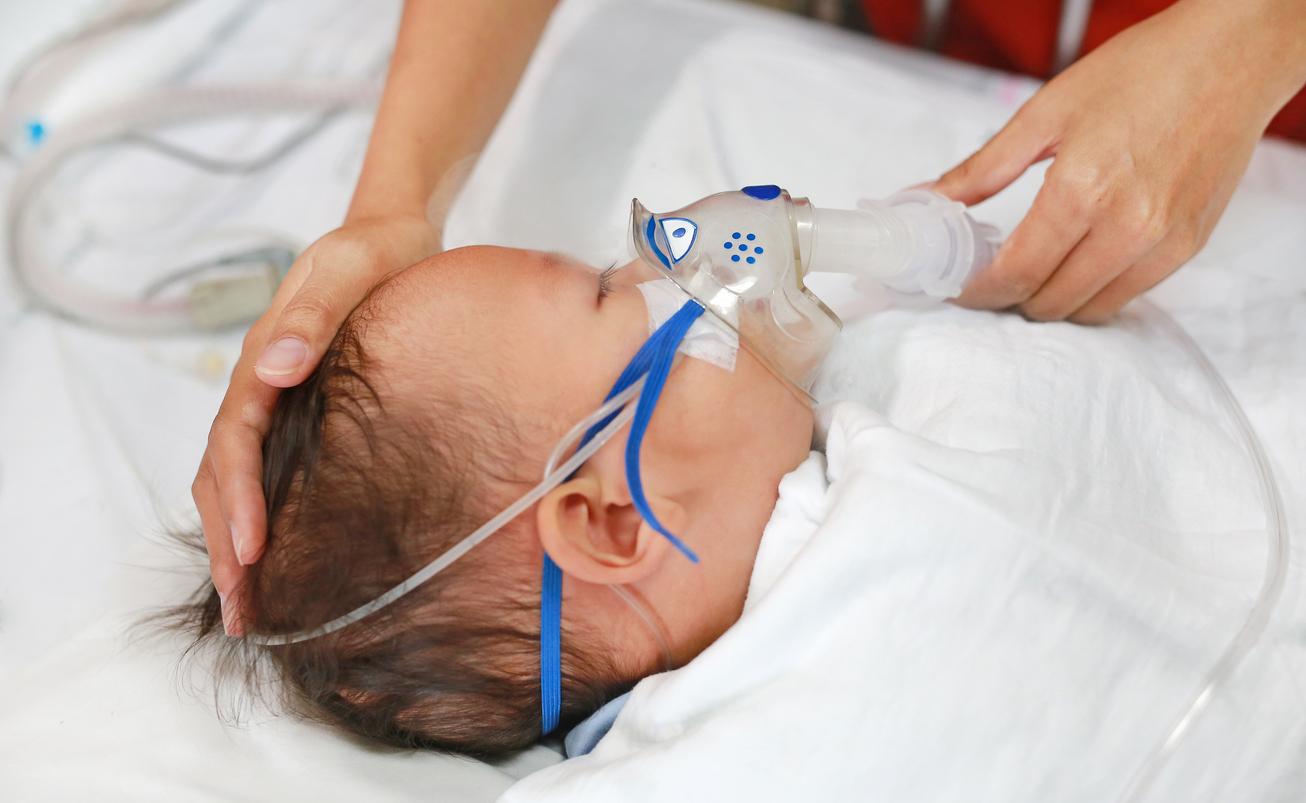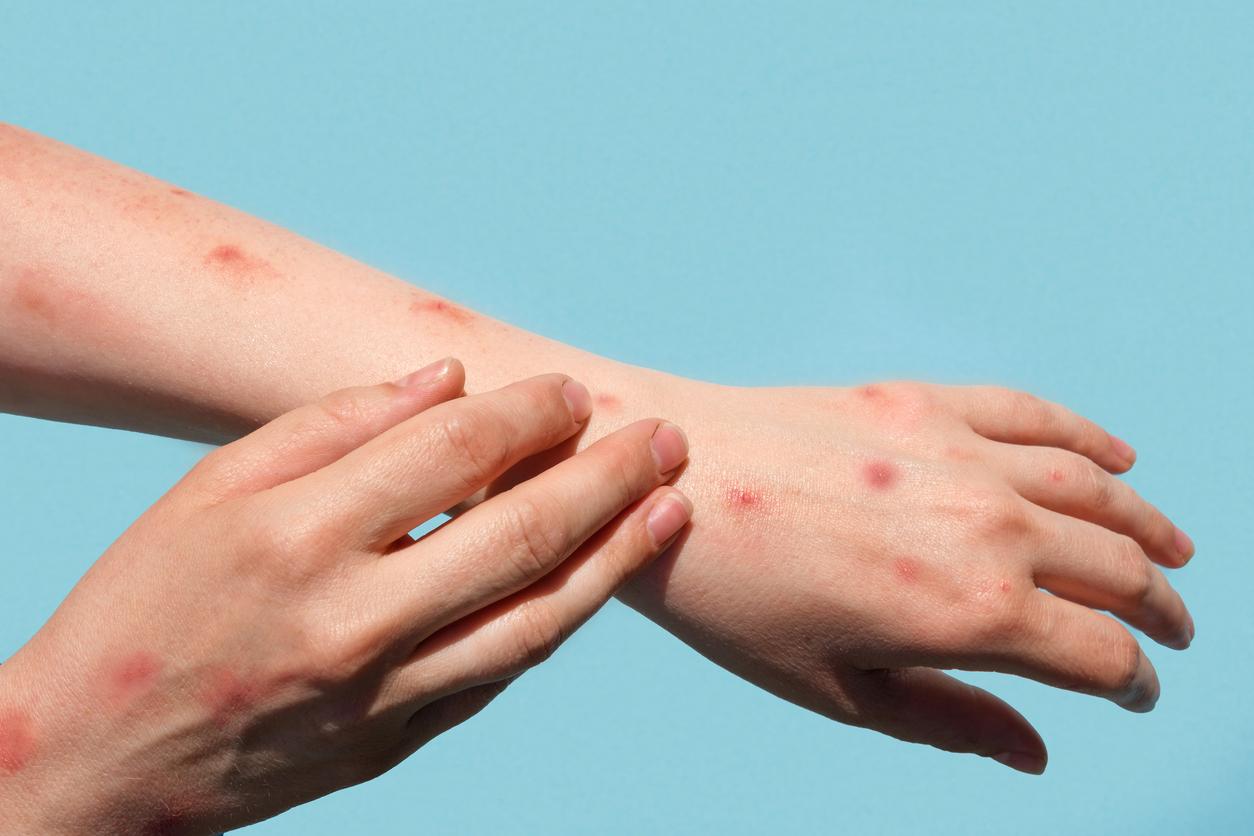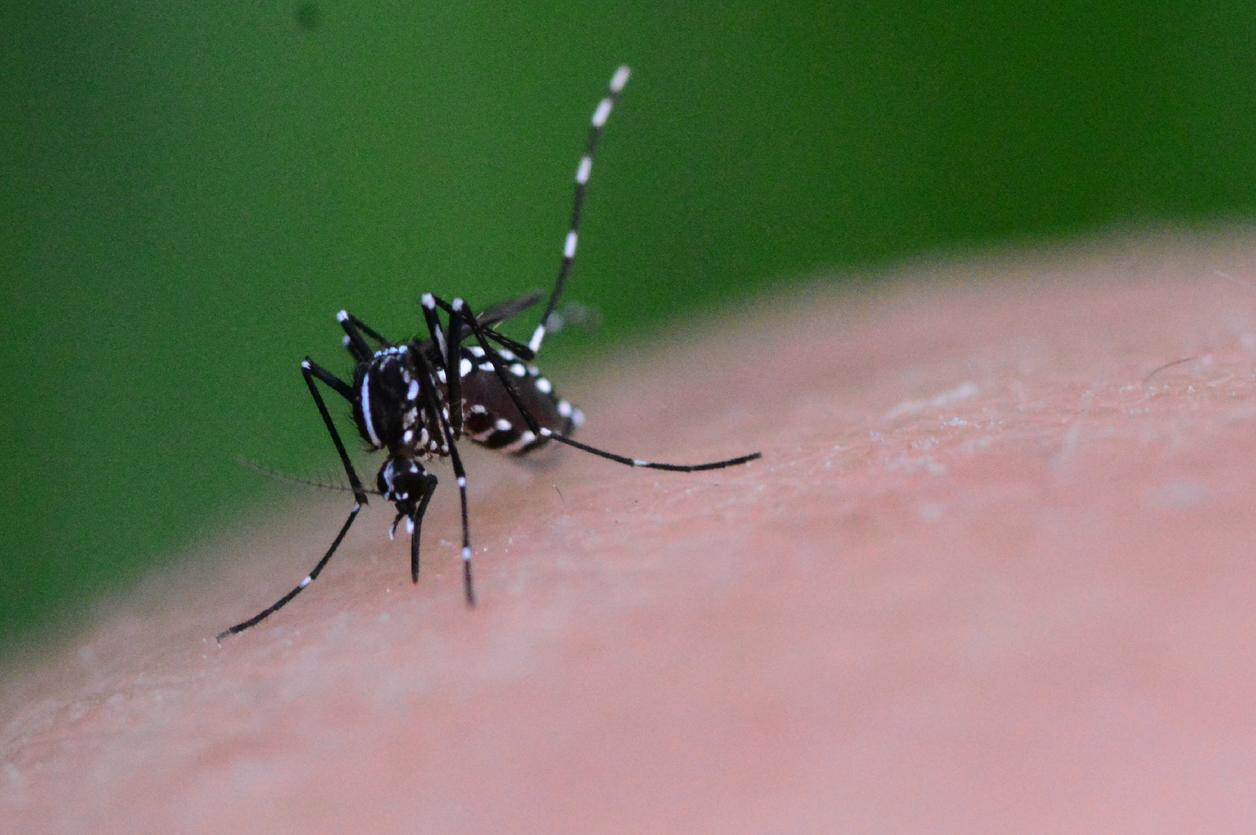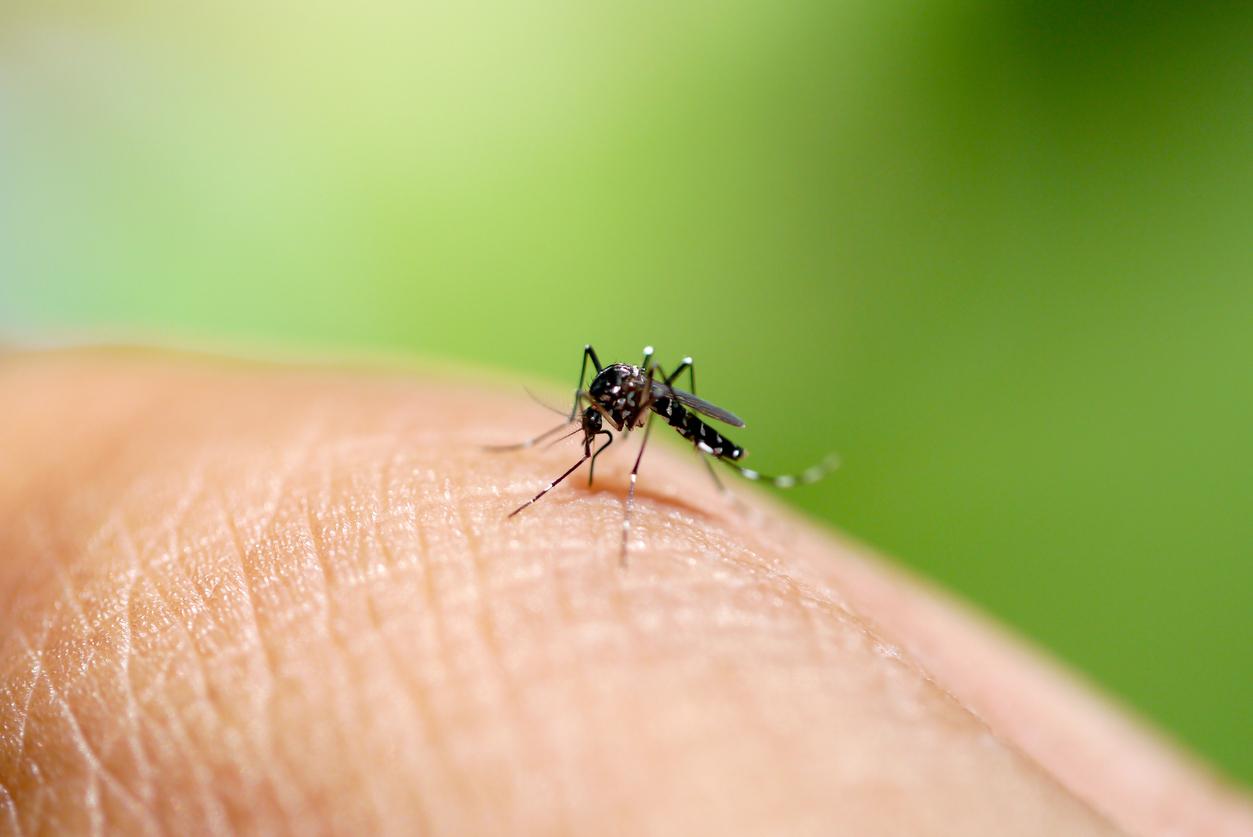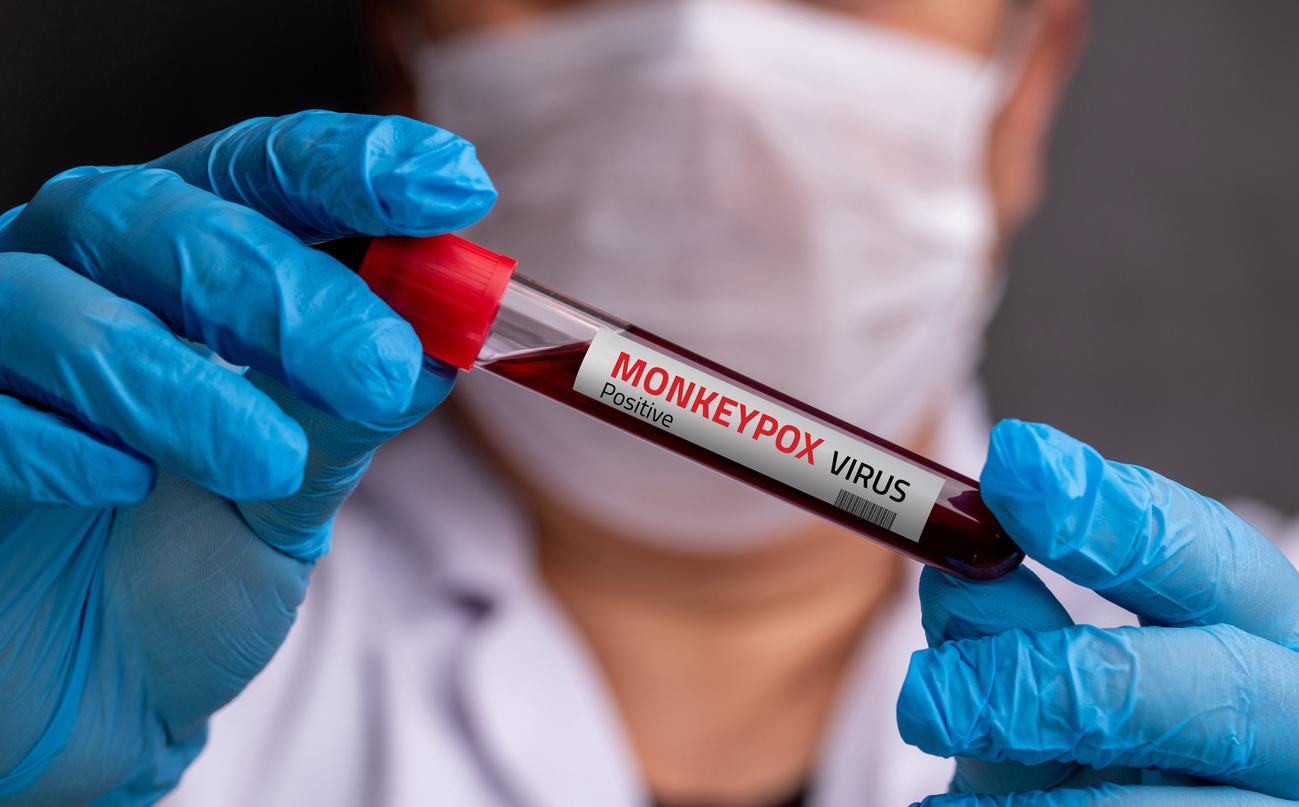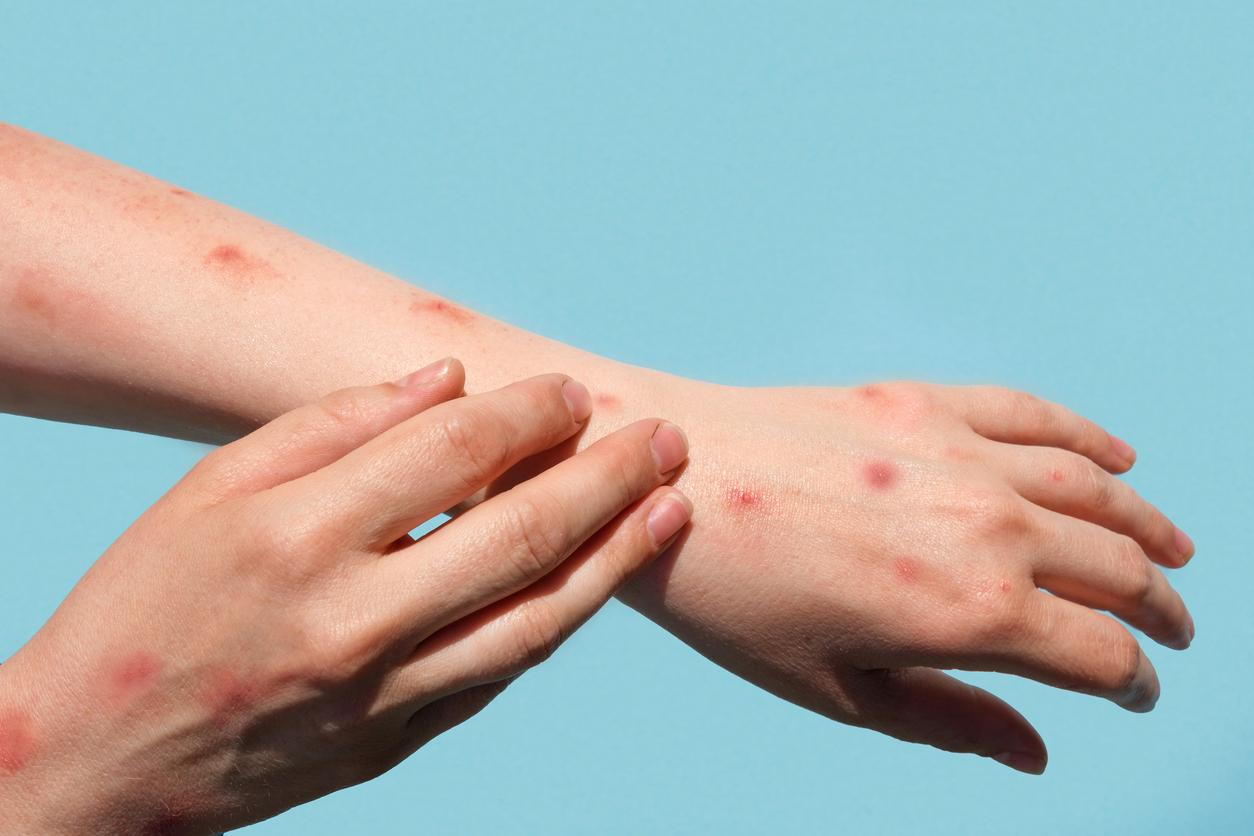“The next five years offer a fragile opportunity to accelerate the response to the AIDS epidemic and end it by 2030,” said Michel Sidibé, director general of UNAIDS, the United Nations program (UN) at the microphone of AFP.
In a report published Thursday, June 25 by Onusida and the scientific journal The Lancet, experts meeting in committee say that the next five years will be crucial to avoid the rebound of the AIDS epidemic. This is indeed currently favored by high rates of infections and rapid growth of the world population. For the experts, it is therefore more than ever necessary to strengthen the fight against AIDS, without which “the human and financial consequences will be catastrophic”, underlines Michel Sidibé.
However, the report contains good news. Indeed, the advent of antiretroviral drugs in 1996 made it possible to save lives but also to control the infection. “From 2001 to 2013, the annual incidence of infections due to HIV decreased by 38%, from 3.4 million in 2001 to 2.1 million in 2013,” the report said. In South Africa, one of the countries most affected by the virus, average life expectancy increased in 2005, and for the first time since 1997. However, AIDS is far from being eradicated. In 2013, there were 1.5 million AIDS-related deaths and 10 million people who had not started antiretroviral treatment. Of the 35 million people living with HIV in 2013, 19 million were still unaware that they were infected.
“Expanding sustainable access to treatment is essential,” assures Professor Peter Piot, director of the London School of Hygiene and Tropical Medicine and member of the committee. In addition, “we must also relaunch prevention efforts, in particular among the populations most at risk, while eliminating legal and societal discrimination”, assures the specialist. Because with the growth of the world population, the number of sexually active young people is constantly increasing.
The financing of the fight against AIDS is also an important point specified in the report. He specifies that “it will take 36 billion dollars each year to reach the United Nations objective for 2030”, while the current effort is close to 19 billion dollars (17 billion euros) per year. In poor African countries, hit hard by the AIDS virus, the fight against this infectious disease would require up to 2.1% of gross domestic product (GDP) per year. In this sense, the commission assures us that international support will be “necessary for many years to come. “
Read also :
HIV / AIDS: do you have any misconceptions?
AIDS: Truvada effective in preventing HIV










